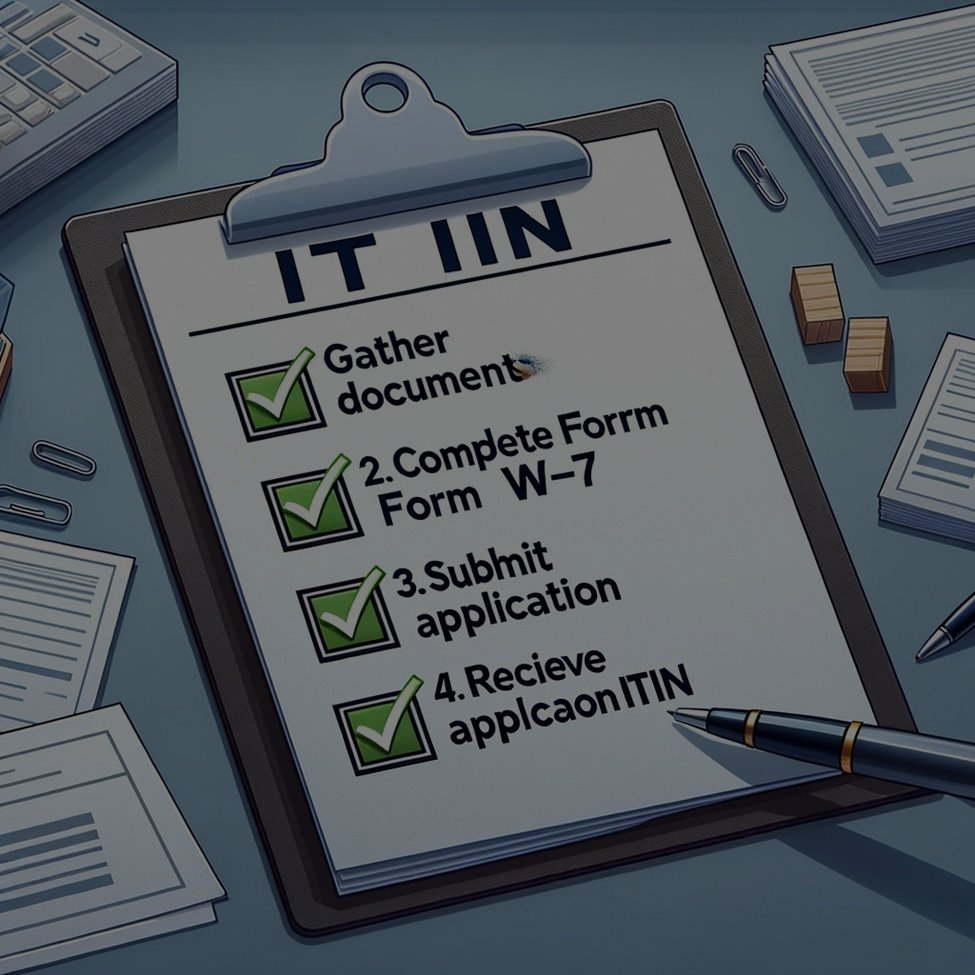NDA Review: What You Need to Know Before Signing

Understanding the Importance of NDA Review
In the world of business, protecting sensitive information is not just a precaution—it’s a necessity. Non-Disclosure Agreements (NDAs) serve as a legal shield, safeguarding proprietary data, trade secrets, and business strategies from being shared or exploited by unauthorized parties. Whether you’re an entrepreneur, a freelancer, or a corporate executive, the term NDA Review should not be taken lightly. It is a crucial process that ensures you understand what you’re agreeing to before putting pen to paper.
An NDA can be simple or complex, one-sided or mutual. However, without a thorough review, parties risk exposing themselves to unintended obligations or legal vulnerabilities. Let’s dive into what a proper NDA review entails, why it’s essential, and how you can navigate the process effectively.
What Is an NDA and Why Does It Matter?
A non-disclosure agreement is a legally binding contract in which one or more parties agree not to disclose confidential information they’ve received. NDAs are commonly used in a wide range of scenarios—during business deals, hiring processes, product development discussions, and even startup funding conversations.
The primary goal of an NDA is to create a confidential relationship between the parties, ensuring that sensitive data such as financial information, intellectual property, and customer databases remain secure. However, the specifics of these agreements can vary dramatically depending on the industry, jurisdiction, and parties involved. That’s why every NDA review must be done with context in mind.
Key Clauses to Examine During an NDA Review
Definition of Confidential Information
One of the most critical aspects of any NDA is how it defines “confidential information.” A broad or vague definition can encompass more than you intend, potentially restricting your ability to use knowledge or resources you already possess. For instance, a software developer may unknowingly agree not to use general coding knowledge in future projects because of overly inclusive language.
Duration of Confidentiality
Time frames are another essential element in an NDA Review. While some agreements specify confidentiality for a fixed period, others may impose indefinite obligations. A review ensures the duration is reasonable and aligned with the nature of the information being protected.
Permitted Disclosures
Most NDAs allow certain exceptions where disclosure is permitted—such as under a court order or to legal advisors. Ensuring these exceptions are clearly defined protects parties from inadvertently breaching the agreement while fulfilling legal obligations.
Return or Destruction of Information
NDAs often require the recipient to return or destroy confidential information upon termination of the relationship. This clause must be realistic and enforceable, especially in digital environments where complete erasure may be technically challenging.
Remedies and Legal Consequences
During an NDA Review, it’s crucial to evaluate the consequences of breach. Some NDAs include liquidated damages clauses, while others may outline injunctive relief or litigation. Understanding your exposure is key to minimizing risk.
Real-World Impacts of Poor NDA Review
To illustrate the importance of a thorough NDA Review, consider the case of a startup founder who signed an NDA with a potential investor without reviewing the scope of the confidentiality clause. Months later, the investor launched a similar product, and the founder had little legal ground to challenge the action due to ambiguous definitions in the agreement.
In another instance, a freelancer working with a multinational corporation failed to notice a clause that restricted them from working with any competitor for two years post-contract. This oversight effectively eliminated a large chunk of their potential client base and severely impacted their income.
These examples highlight why professional NDA Review isn’t just a legal formality—it can be the line between business growth and operational setbacks.
When to Conduct an NDA Review
You should always review an NDA before signing it. While it may seem like a formality in certain contexts, even standard-looking agreements can contain problematic language. The review process should ideally involve legal counsel, particularly when dealing with high-stakes information or cross-border business deals.
Situations that absolutely require a comprehensive NDA Review include:
- Mergers and acquisitions
- Partnership agreements
- Product development with third parties
- Employment and independent contractor relationships
- Investor meetings involving trade secrets
Even if you’re the party drafting the NDA, reviewing it from the perspective of the recipient can help create a balanced and enforceable agreement.
Tools and Resources for NDA Review
Modern businesses have access to numerous tools that assist with NDA Review. Contract management software like DocuSign, Ironclad, and ContractSafe offer automated analysis of legal documents. These platforms use artificial intelligence to highlight potential red flags and provide plain-English summaries.
However, no tool can replace the insight of a qualified attorney. A hybrid approach—using software for efficiency and a legal professional for context—offers the best protection.
If you’re looking for a reliable, professional solution for NDA Review, consider visiting NDA Review. Their platform offers expert guidance, document analysis, and personalized support to help you navigate even the most complex confidentiality agreements.
NDA Review in a Global Context
With globalization, NDAs often extend across international boundaries. This adds a layer of complexity due to differing legal standards in jurisdictions such as the United States, the European Union, and Asia-Pacific regions. For example, in the U.S., courts may enforce non-compete clauses more stringently than in many EU countries where such restrictions are seen as infringing on the right to work.
International NDAs must also comply with data protection laws like the GDPR in Europe or the CCPA in California. During an NDA Review, it’s vital to assess compliance with these regulations to avoid costly legal repercussions.
Final Thoughts on Navigating NDA Review
NDAs are powerful legal tools, but their strength lies in how well they are understood. A rushed or overlooked NDA Review can lead to serious consequences—lost opportunities, legal liability, or even public disclosure of sensitive data. On the flip side, a well-reviewed NDA fosters trust, sets clear boundaries, and ensures both parties are aligned in their expectations.
In the evolving digital and legal landscape, due diligence has never been more critical. Whether you’re a seasoned business professional or a newcomer entering sensitive negotiations, treat every NDA as a pivotal step. Invest time, seek expert advice, and never underestimate the value of a thorough NDA Review.
By taking this proactive approach, you don’t just protect your interests—you empower your future.






